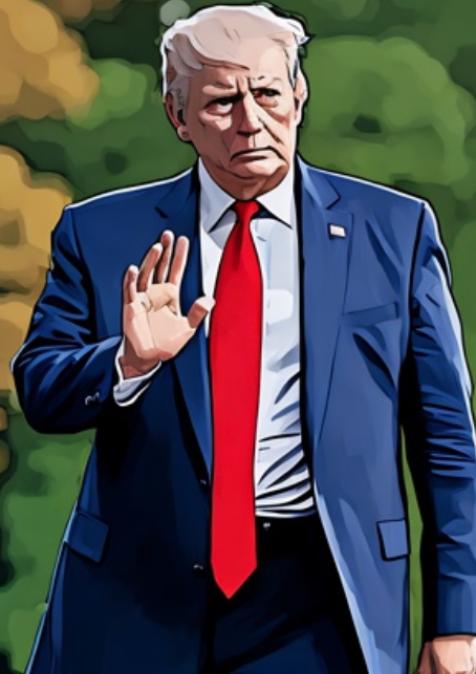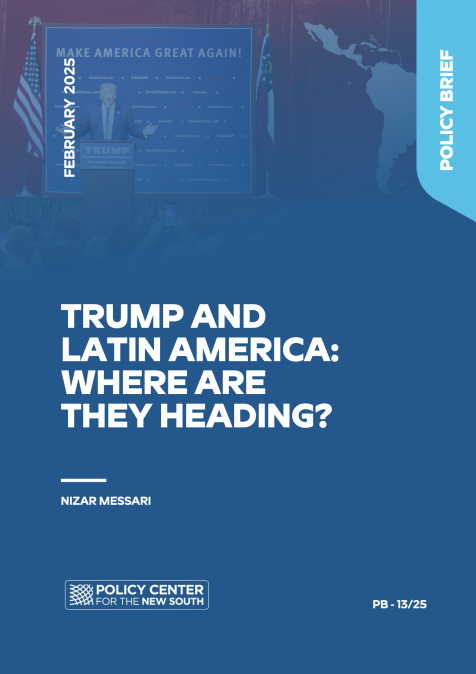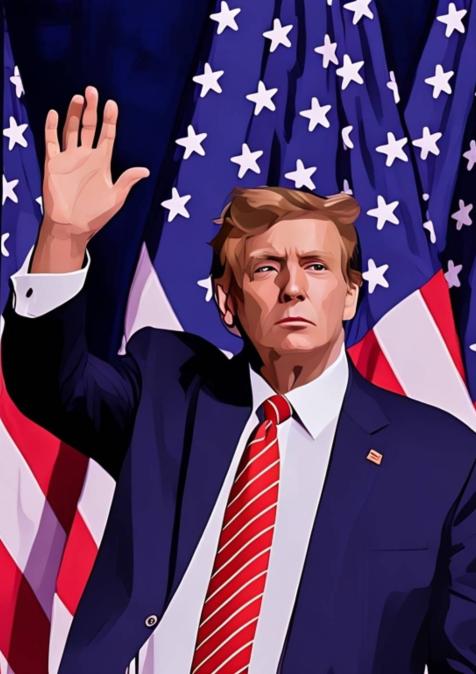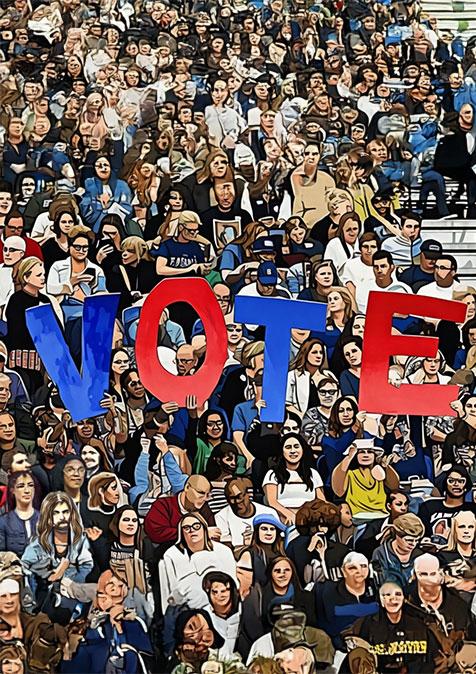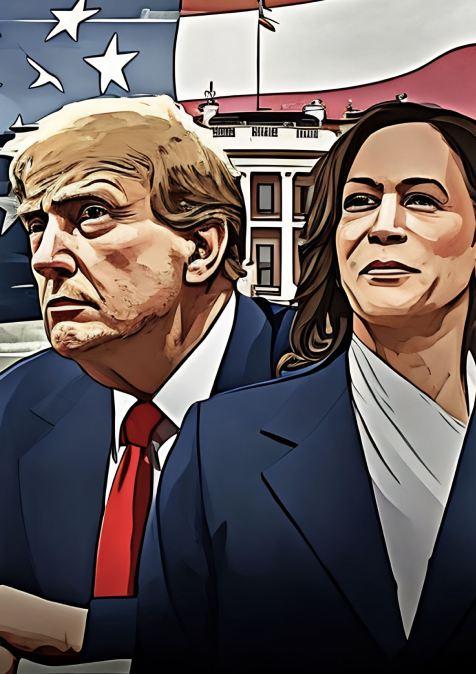Publications /
Opinion
The first hundred days of Donald Trump's presidency have again demonstrated his capacity to defy convention and polarize opinion. Far from merely repeating his earlier administration, this new chapter is best understood as part of a long-term repositioning of the United States within a rapidly shifting international system—one where American primacy is no longer assumed but increasingly contested.
On the domestic front, Trump's agenda has been marked by political calculation and a disciplined focus on his electoral coalition. His approach to immigration, though harsh, has yielded measurable results, reducing illegal border crossings and reinforcing the principle of state sovereignty over territory. While critics lament the human toll and confrontational rhetoric, the policy's effectiveness resonates with a segment of the electorate long disillusioned by Washington's failures on border security, offering a sense of reassurance about the administration's ability to deliver results.
Equally significant is the administration's concerted effort to reverse decades of deindustrialization. In an era of economic realignment, Trump's push to repatriate manufacturing and revive domestic industry speaks to the anxieties of communities left behind by globalization, instilling renewed hope for the future of American industry. Whether these policies can sustainably restore U.S. industrial competitiveness remains uncertain. Still, they reflect a broader attempt to redefine the social contract—prioritizing economic self-reliance over the promises of free trade.
Perhaps subtler, yet no less consequential, is the restoration of presidential assertiveness. After years of leadership perceived as hesitant or fragmented, Trump has reintroduced a sense of decisive executive action, instilling confidence in the administration's capacity to lead. The symbolic power of this shift should not be underestimated—particularly in an era marked by institutional decay and growing public skepticism toward governance.
In foreign policy, Trump has pursued a brand of pragmatism that unsettles traditional allies as much as it challenges adversaries. Though controversial, his insistence on direct negotiations with Russia over Ukraine signals a preference for realpolitik over ideological confrontation. This approach—flawed though it may be when compared to the open-ended commitments of previous administrations—nonetheless creates space for a negotiated settlement and the possibility of a more stable European security framework.
Yet the costs of this assertiveness are increasingly apparent. The United States' global standing has been undermined by erratic diplomacy and a retreat from multilateral engagement. Unwavering support for Israel during the humanitarian crisis in Gaza—a conflict that drew widespread condemnation, including from moral authorities like the late Pope Francis—has further strained relations with traditional partners.
Similarly, the administration's embrace of protectionism—from sweeping tariffs to punitive trade measures—has accelerated the fragmentation of the global economic order. While these policies may yield short-term political gains, they risk undermining the foundations of post-war prosperity: trust, predictability, and institutional cooperation. Even the dominance of the U.S. dollar, long a pillar of American influence, now faces growing skepticism as markets question Washington's fiscal discipline and geopolitical coherence.
The deeper challenge, however, lies in the structural constraints on American power. The United States now spends more on servicing its debt than on national defense—a telling indicator of fiscal overextension. Against this backdrop, Trump's foreign policy adjustments—including selective disengagement from global commitments—are not merely ideological choices but necessities imposed by economic reality.
Ultimately, these hundred days underscore the paradox of American power in the 21st century: a nation striving to reclaim its dominance while grappling with the limits of its capacity and cohesion. The transition from unipolarity to multipolarity is no longer a theoretical prospect; it is the inescapable context in which Washington must now operate. For all its contradictions, Trump's presidency is being forced to confront this new reality. Neither nostalgia nor present-day unilateralism can resurrect the world of 1945 or 1991. His administration is less an aberration than a reflection of an unsettled era—one that demands a redefinition of America's role abroad and its identity at home.

